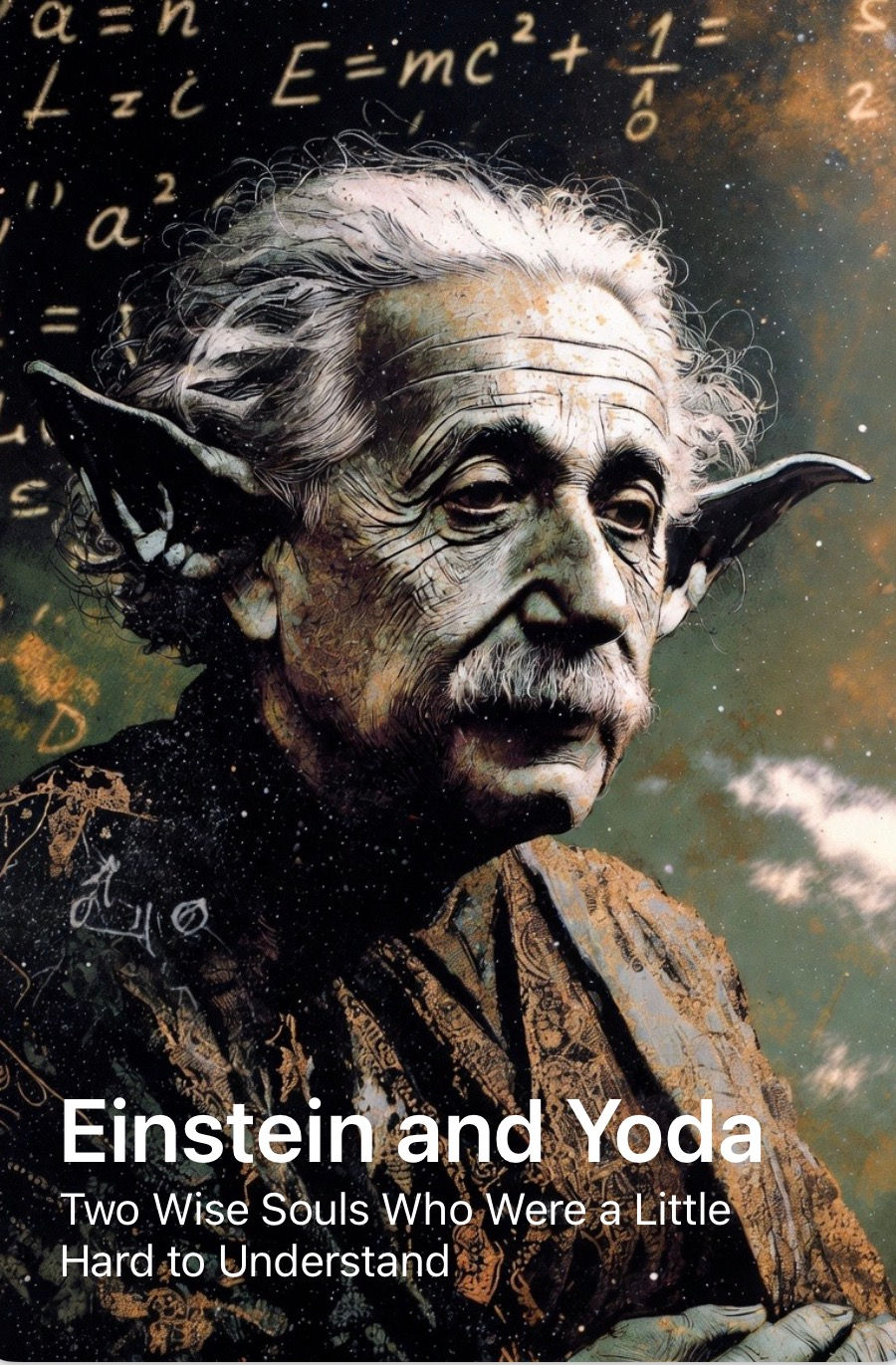
Part 2: Naming the Silence, Reclaiming the Story
- Troy Lowndes
- Nov 2, 2025
- 4 min read
Updated: Nov 16, 2025
What happens when you finally have the words for a story you lived your whole life without understanding?
Reckoning With the Story I Built
In the weeks after that shower, something shifted. It was not dramatic. It did not come with a breaking point or an epiphany that tied everything into a neat moral bow. It was quieter. More like realising I had been living in a house that was slowly tilting, and only now I could feel the angle.
I knew the bleeding was not just a condition I had carried. It was a question I had internalised. A question I did not have the language or safety to ask out loud:
What if I am not who they think I am?
And if I am not, then what am I?
That question lived in the space between confusion and identity. Between the body and the mind. Between who I was told to be and who I feared I might not be.
And it never let me rest. It shaped how I moved through the world. How I masked. How I stayed silent. How I kept one eye on myself at all times, trying to interpret what I did not understand.
When You Do Not Have the Words, You Invent the Meaning
Without a map, you rely on instinct. You fill in the blanks. You create whatever narrative lets you feel safe enough to keep going.
For me, that meant building a story around the bleeding:
A hidden biological mistake. A private shame. A secret proof that something was off about me.
I did not question why my mind leapt to identity, biology, or gender. I did not realize that most children do not respond to discomfort with metaphysical self doubt. I did not yet know that my brain was not wired like most brains.
This is what I understand now:
Neurodivergent minds are meaning machines.
When something does not make sense, we do not just notice it, we feel it. We turn it into a story, a symbol, a pattern. Even if the input is faulty, the output is still emotionally real.
We are trained to internalise.
Especially boys. Especially in the 80s and 90s. Vulnerability was not language. It was not permission. It was not even possibility.
Silence becomes a second skin.
A way to keep the world out, and keep the self from spilling open.
By the time I reached adulthood, the shame was not about the bleeding anymore. It was about all the years spent believing the worst stories I had ever told myself.
The First Crack in the Wall: Diagnosis
Decades later, when I finally received my own diagnosis, Autism and ADHD, late in life, it did not just explain my wiring. It explained my coping. My confusion. My self protective silence.
Suddenly, I was not just a person who had made up a strange story about their body.
I was a neurodivergent human who had been trying to turn the unexplained into something bearable, without support, language, or context.
That realisation did not erase the past.
But it did something just as powerful:
It let me forgive the child who did not know.
The teenager who shut down.
The adult who never asked for help.
Not because he was weak, but because he was doing everything he could with the tools he had.
And that is something worth saying out loud:
There is no shame in not knowing. The real tragedy is never being given the chance to learn.
Identity Is Not a Destination. It Is a Continuum.
Those childhood questions, Who am I, What does my body mean, What does my silence say about me, do not feel like threats anymore. They have become invitations.
Invitations to understand that identity is not a single fixed answer, but a spectrum of lived experience, emotional, physical, neurological, and deeply personal.
I used to think identity was about what you know.
Now I think it is about what you are willing to face.
And what you are willing to finally stop hiding from.
Why I Am Telling It Now
Not to shock anyone. Not to elicit sympathy. But because someone needs to hear this:
You do not have to keep secrets from yourself anymore.
Your mind is not broken for turning confusion into story.
Your silence was protection, not failure.
Your shame was never yours to carry in the first place.
If you have ever lived with something your body knew before your brain could interpret it,
If you have ever been held hostage by a story you did not have the language to explain,
If you have ever suspected that your mind was doing the best it could with impossible fragments,
You are not alone.
And telling the story is how we release it.
Looking Back from Here
These days, I see myself differently, not just as a father, husband, or man, but as someone who is still learning what it means to belong to myself.
Whether my mind is ADHD, autistic, something in between, or beyond a label, it does not matter as much as the process of recognising it. Of finally having the words.
The child who bled did not know what to say.
The adult who hid did not know how to ask.
The man writing this today knows that the truth has always wanted to be free.
And that is where I will leave this version of the story, for now.
Because the next chapter is not just about what happened.
It is about what I am building from it.





Comments